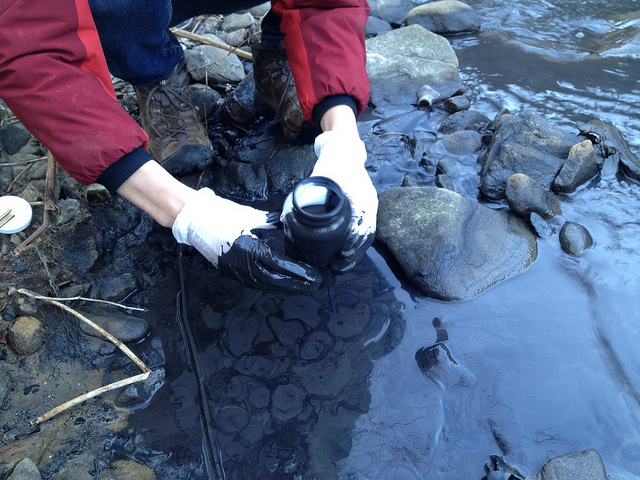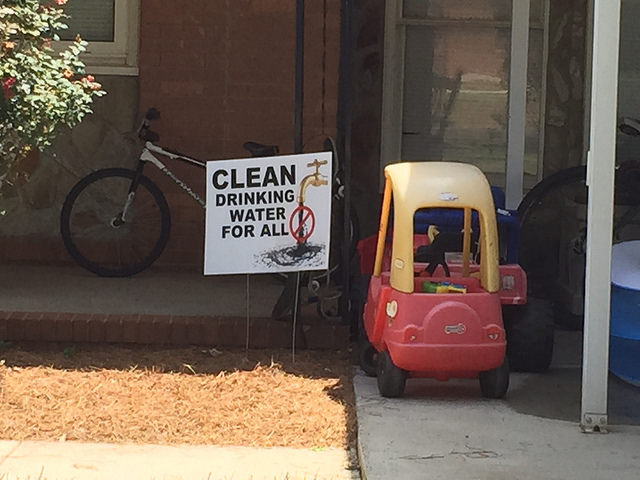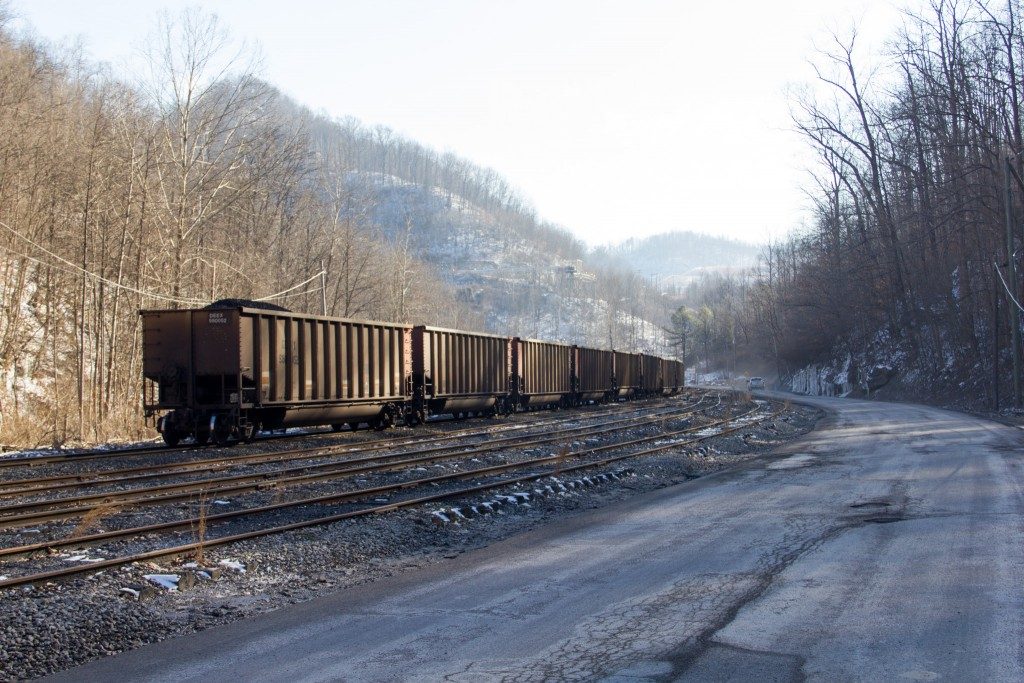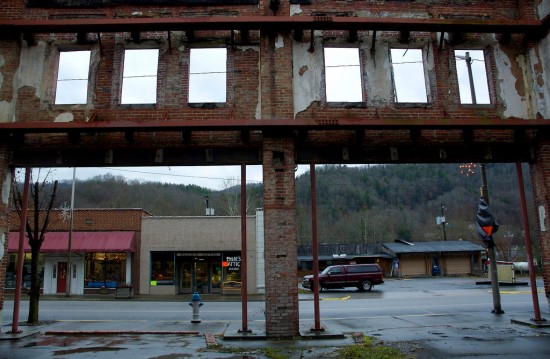Cleaning Up Coal Ash
For well over a century, power plants across the country have burned coal to generate electricity. And for just as long, leftover coal ash has been dumped in open, unlined pits near the power plant, usually located on a river or lake. Every year, U.S. power plants produce 130 million tons of coal ash, which is the second largest waste stream in the country after municipal garbage.
Coal ash concentrates the toxic heavy metals found in coal, including arsenic, mercury, lead and selenium. Stored in unlined, wet impoundments, coal ash has been leaking these toxics into our groundwater and surface waters for years. Sometimes these impoundments collapse — with disastrous results.
Yet government regulations for coal ash management are either non-existent or sparse, and there is little enforcement of the regulations that do exist. In North Carolina, this lack of oversight — and the complicity between state regulators, elected officials and Duke Energy — came to a boiling point in February 2014 when one of Duke’s coal ash impoundments spilled 39 million tons of ash into the Dan River.
Citizens living near North Carolina’s 33 coal ash impoundments — all of which have leaked — have fought for transparency from Duke and the state, and for cleanup of the pollution that threatens their property value, health and family. Their actions forced this issue into the headlines of news networks and to the forefront of environmental justice conversations in the United States.
Appalachian Voices stood with these communities as we worked for years to compel Duke Energy and the N.C. Department of Environmental Quality to excavate coal ash from all the North Carolina sites and dispose of it either in lined, dry landfills, away from waterways, or by recycling it for concrete or other uses, provided it’s done in a manner that protects public health and the environment.
On Jan. 2, 2020, North Carolina announced a historic settlement with one of the state’s most powerful corporations and polluters, Duke Energy. The settlement requires Duke to move nearly 80 million tons of toxic coal ash at six of its power plants to properly lined landfills onsite or recycle it.

Learn information about specific coal ash impoundments in the South, including health threats and safety ratings:
Additional Resources
Fact sheets, videos, links to academic research, and more
Sign Up to Act
Help us protect the health of our communities and waterways.
Latest News
Clean Water Laws Wrestle With Coal
From The Appalachian Voice: America’s environmental regulations have hampered the coal industry to varying degrees for decades, and though those rules can protect communities from pollution, the law alone is often not able to secure clean water. Here are some of the trouble spots.
VIDEO: “Contaminated, But Smart!”- Duke Energy’s New Coal Ash Assessment
On Monday evening, Duke Energy released the executive statement from its study assessing groundwater contamination at two of its largest coal ash sites in North Carolina. Unsurprisingly, Duke Energy’s findings suggest it is not responsible for the contamination found in the drinking water wells of over 200 households within 1,000 feet of the company’s coal ash dumps.
Action on climate heating up
President Obama’s announcement that day of first-ever regulations to limit carbon pollution from power plants in America — which has one of the largest carbon footprints in the world — marks an unprecedented milestone. Yet, as important as it is, it’s anything but certain how the story unfolds from here.
Peculiar Patriot Coal deal raises questions
What would a health care executive-turned-environmentalist want with the dying business of mining coal? That’s the question some are asking after the announcement that a Virginia environmentalist plans to acquire assets, and assume around $400 million in liabilities, from recently-bankrupt Patriot Coal.
Sen. Kaine notes concerns to FERC about Mountain Valley Pipeline
Guest Contributor Dr. Diana Christopulos: Sen. Tim Kaine recently completed a series of listening sessions in communities where Mountain Valley Pipeline proposes to build a 42-inch natural gas transmission line, meeting with “affected property owners, local elected officials, local businesses, farmers, organizations dedicated to preserving our natural resources, and numerous other concerned citizens.”
Predictable politics giving way to popular support for POWER+
In Kentucky, Virginia and Tennessee, cities and counties with long histories of coal mining are advocating for the POWER+ Plan, a federal budget initiative proposed by the White House to build a more diverse economy in the communities hardest hit by the regional coal industry’s decline. They deserve to be heard.











